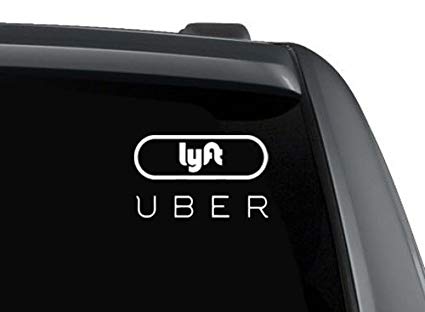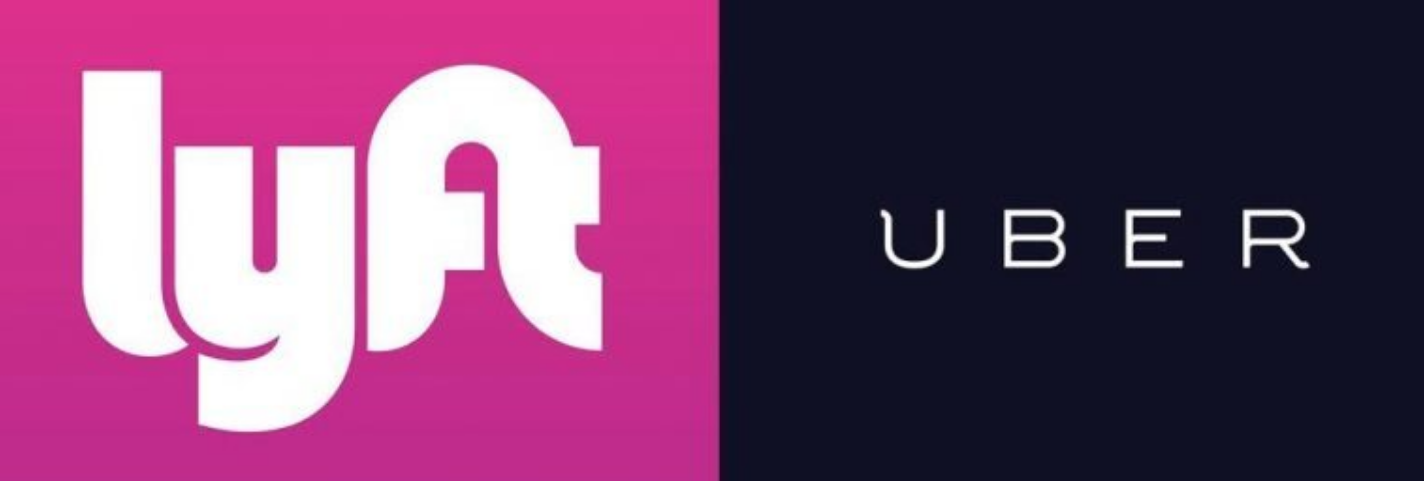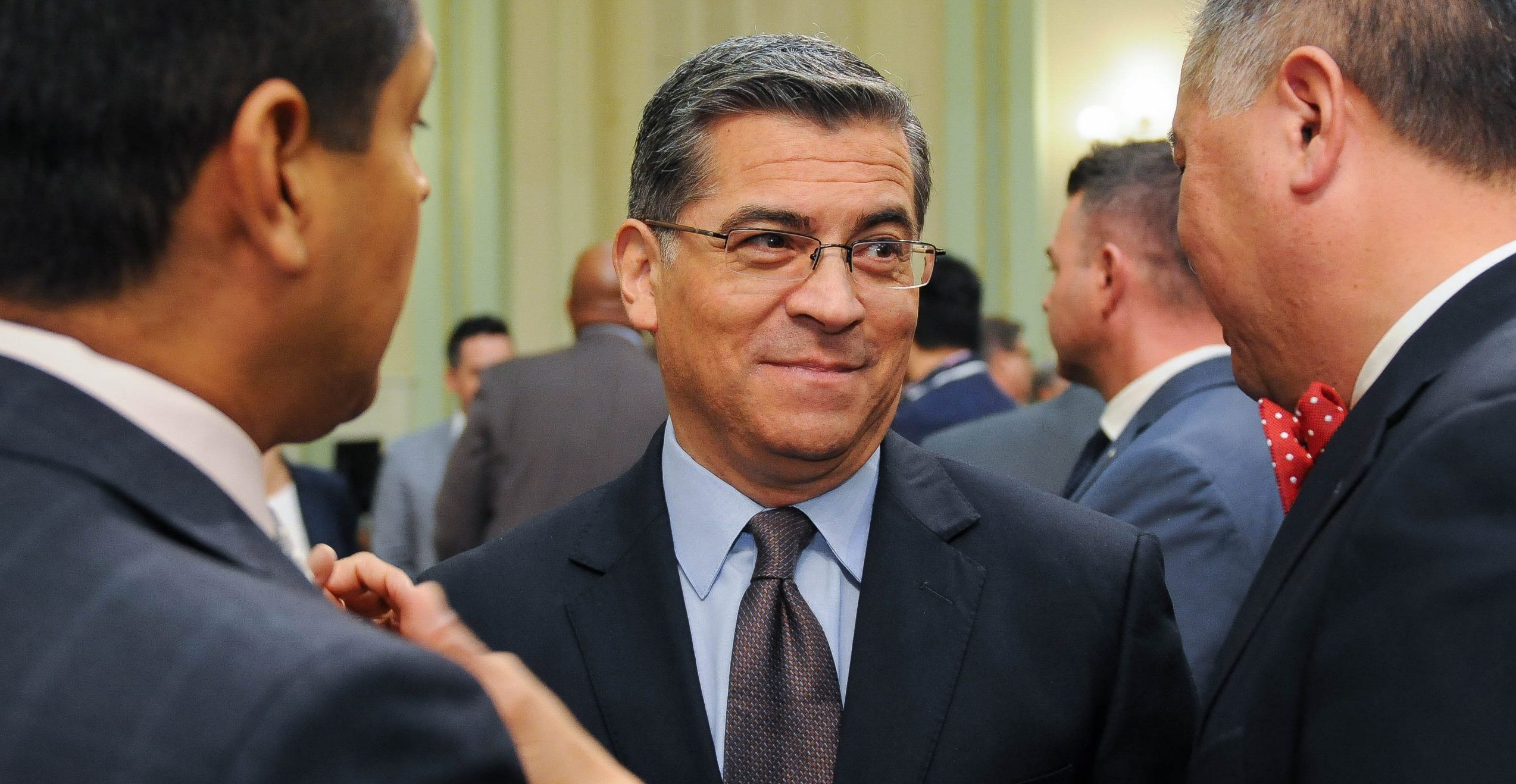
Rideshare Employee Classification Case Begins In Appellate Court
Uber, Lyft battle California in court once again despite the upcoming vote on Prop 22 Nov. 3rd
By Evan Symon, October 14, 2020 3:08 pm
On Tuesday, California’s 1st District Court of Appeal began to hear arguments from rideshare groups and the state over whether or not the state can recognize rideshare drivers as employees.
The Appellate Court case is only the latest development in the battle between rideshare companies and AB5, the state law that went into effect earlier this year that made it harder for workers to be classified as independent contractors.
In recent months, the court battle between California and the rideshare companies has been particularly brutal. In August, a Superior court had ordered that rideshare companies were to reclassify all drivers as employees in only 10 days time. Unable to compete effectively and make a profit under such a ruling, all rideshare companies announced that they would leave the state until at least November should an appeal stay fail. However, Uber, Lyft, and the other companies won the emergency stay, allowing drivers to remain independent contractors until an Appellate court ruled on the case.
Both sides’ arguments are based on the foundation that drivers would be harmed should the ruling not go their way. The rideshare companies argued that they would have to reduce the number of drivers should they have to hire them as employees, as well as remove the flexibility of the times they can work and increase the price of rideshare services for those using the rideshare apps. They also noted that the lower courts had ignored evidence and made a decision in favor of the state based on assumptions.
“Reclassification would require Uber to completely change its business model,” said Uber lawyer Theodore Boutrous on Tuesday. “Uber is not a hiring entity, it is not a transportation company. It is a multi-sided platform that allows riders and drivers to connect.”
However, California argued that if they were not employees, they would not be able to receive benefits such as paid time off, health insurance, a minimum wage, and unemployment insurance. Any misclassifying, they argued, could also cost them all of those benefits.
“Misclassification is a significant factor in the erosion of the middle class and the rise of income inequality,” said San Francisco Deputy Attorney Matthew Goldberg, who was arguing for California. “The suggestion that it is not harmful to a driver to not get that money seems implausible to me. The loss of wages clearly constitutes irreparable harm.”
The Appellate Court will have 90 days to come to a decision. However, with Prop 22 on the November ballot, which would liberate rideshare drivers from AB 5, the vote on November 3rd will trump the Appellate courts’ decision either way voters decide.
Prop 22 and the Appellate court decision
“The rideshare companies had a two-part attack in the latter half on 2020,” Lydia Pastore, a Los Angeles lawyer who has many rideshare drivers as clients, explained to the California Globe. “The first was through the courts. They wanted to delay any ruling until election day to keep the issue in the news and to not allow AB 5 to come into effect for them, as they would lose a lot of business and possibly could not offer the service in California for a time. We saw this play out in August. Despite it being close at times, especially with that 10 day order, they succeeded.
“The second part is Proposition 22. While a court ruling can be appealed and brought to a higher court, there’s no real way to stop a proposition that was voted on. And that’s why all the companies are dumping money into it for ads and everything. So they make sure that AB 5 is dead for them and cannot cover drivers ever again.
“I have many drivers and clients, and they’ve brought the proposition up each time they’ve come in to see me. They’re all on the edge of their seats for this.”
Uber, Lyft, Doordash and other rideshare and delivery companies have spent $186 million in California in support of Prop 22, with the proposition currently being ahead in the polls for approval by 3 points.
The Appellate court decision is expected next month. Prop 22 will be voted on by Californians on November 3rd, with results expected shortly thereafter.
- Bill to Require Law Enforcement Disclosure if AI Was Used To Help Write Reports - August 7, 2025
- Gov. Newsom Files FOIA Request To ‘Expose True Cost’ Of L.A. Federal Troop Deployment for Anti-ICE Riots - August 6, 2025
- California Redistricting: How Newsom’s Plan Will Demolish Hard Fought GOP Gains - August 6, 2025



